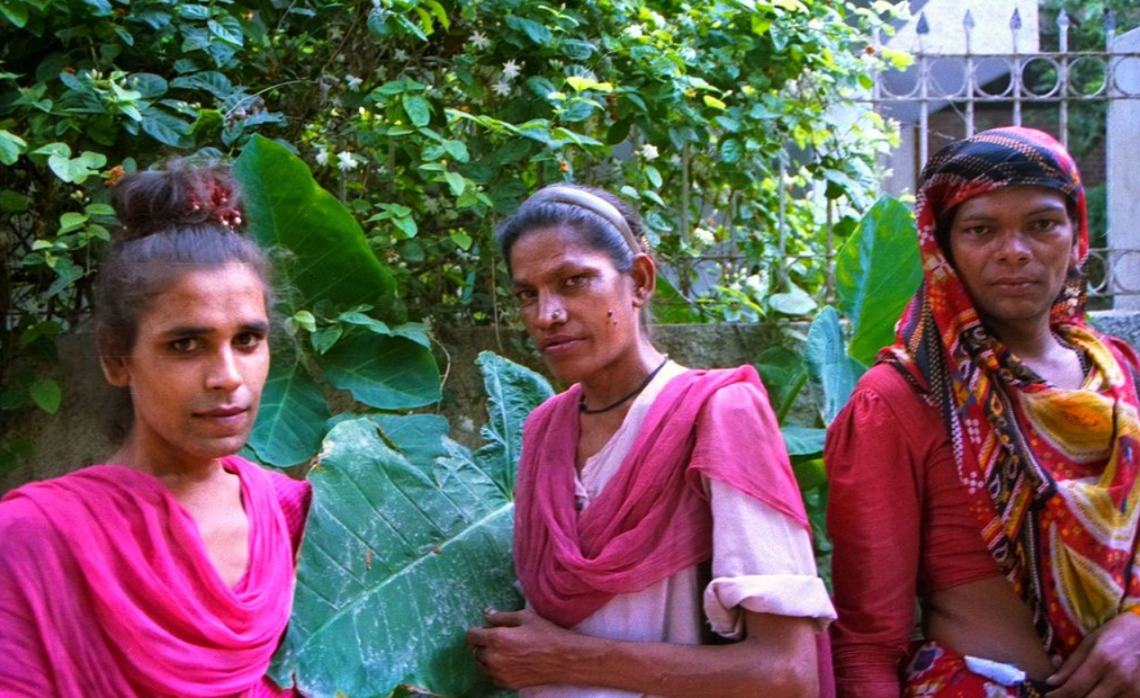INDIA is one of the most forward-thinking countries when it comes to recognising non-binary genders, especially compared to many ‘progressive’ Western nations.
Prior to colonial rule, mainstream society and religion accepted hijras, the term commonly used in South Asia to describe intersex or transgender individuals, as normal for centuries.
Steps taken
India’s constitution, in theory, protects against gender discrimination. Yet, in practise, this is often not the case. The change began when transgender people got the right to vote in 1994. However, many couldn’t obtain voter ID cards, as there wasn’t an option to register other than as male or female. It wasn’t until 2009 that an ‘other’ gender was added to voting rolls and ID cards.
In an effort to integrate the third gender into Indian society, in 2005, the government updated passport applications to include three options: M, F, and E (eunuch). Then, in 2014, the Supreme Court recognised anyone who doesn’t identify as M or F as part of the third gender minority class. They categorised the group as ‘socially and economically backward’ and gave them a reservation in education and jobs.
In 2016, a bill was passed in parliament to protect the social, economic, and educational rights of transgender persons. It also includes harsh punishments for those convicted of attacking, assaulting or harassing transgenders.
Issues remain
Despite these protections, life hasn’t necessarily become easier. There is still a weighty stigma attached to transgenders. Four years ago, a family even abandoned their child because she received a blood transfusion from a transgender woman.
Furthermore, society often fails to recognise the trauma of living in a body that doesn’t feel like one’s own. Many treat transgenders as untouchable. Countless families have gone as far as to disown children who act outside prescribed gender norms.
Surveys show that up to 30% of transgender people live alone, primarily due to rejection by their families. Without familial support, transgender children lack educational opportunities, ultimately resulting in fewer employment opportunities. It also leaves them vulnerable to sexual abuse, with 4 out of 10 reporting it before the age of 18.
Moreover, the law still considers many hijras criminals under the reinstitution of a colonial-era law criminalising same-sex relationships.
However, we’re happy to report that while hijras still face stigmatisation, things are improving.
Moving forward … slowly but surely
The College Service Commission appointed the first transgender college president in June 2015, a first for India. More importantly, the professor believes that gender identity didn’t play a role in her career trajectory, as either a hindrance or help. This indicates that equality and acceptance could be within reach.
Tamil Nadu, progressive in their approach to transgender rights, has made several notable rulings over the past few years. In 2016, India’s first transgender police officer was appointed to the force. In 2017, a state university waived fees for all transgender undergraduate, masters and doctoral students. Just a few months ago, Madras High Court specifically allotted transgender students seats in Siddha Medicine and Surgery bachelor’s programme.
Chandigarh’s tourism department also made an unprecedented move of allocating the transgender welfare board a stall at their 2017 carnival. They did so to spread awareness, information about services, and support for the 200,000+ transgenders in the union territory.
Hopefully, these small steps will help the public realise the dangers of discrimination. Or, even better, to encourage the more privileged members of society to embrace those living on the periphery. Click here to find and support organisations working to end discrimination, social exclusion and bullying:
–
Give’s mission is to “make giving bigger and better.” Give is the most trusted donation platform in India for fundraisers and crowdfunding campaigns. Through our technology solutions, we enable individuals and organisations to fundraise and donate to a cause, charity or NGO with trust and convenience. Give’s community of 2.7M+ individual donors and 300+ organisations supports 3,000+ verified nonprofits with 80G deduction and serves 15M+ people across India. Find a fundraiser today!

Give exists to alleviate poverty by enabling the world to give. Established in 2000, Give, together with its partners, is the largest and most trusted giving platform in India. Give enables individuals and organizations to raise and donate funds conveniently to any cause they care about, with offerings including crowdfunding, corporate giving, cause marketing, and philanthropy consulting. Give’s community of 2.6M+ donors supports 3,000+ verified nonprofits, serving 15M+ people across the country.
Discover more from
Subscribe to get the latest posts sent to your email.

